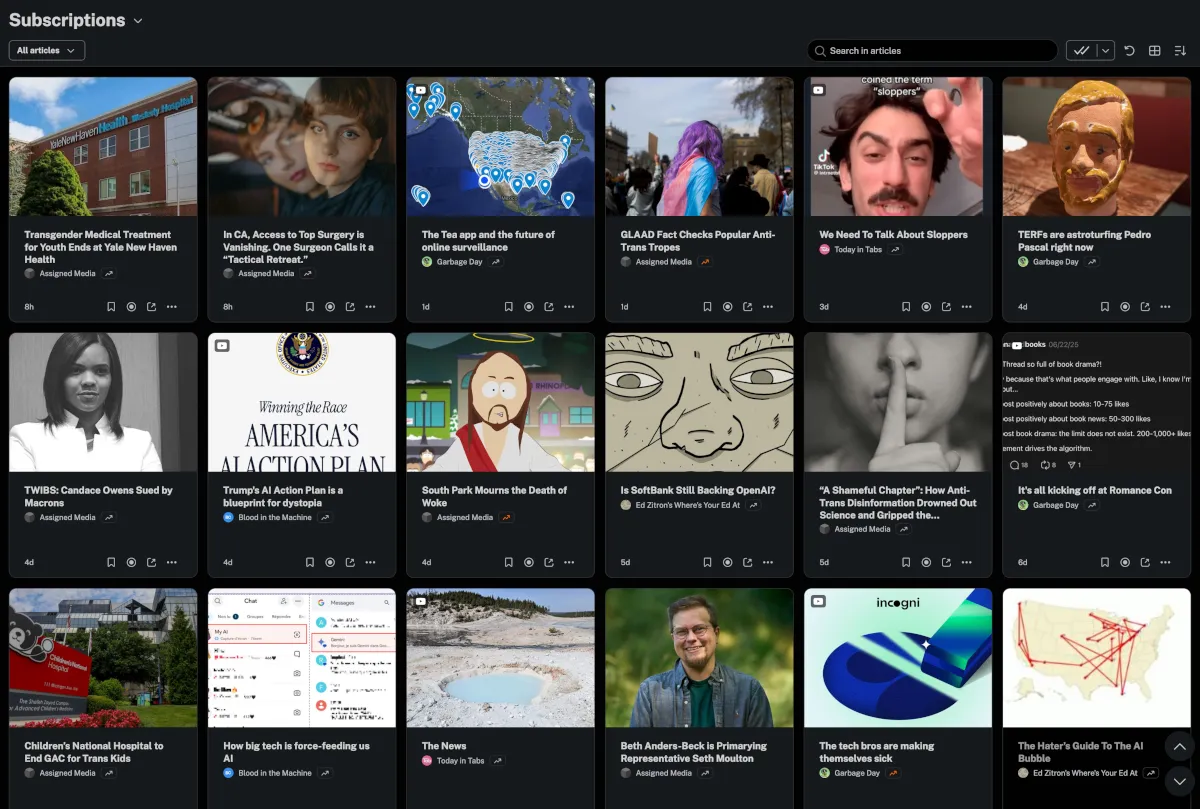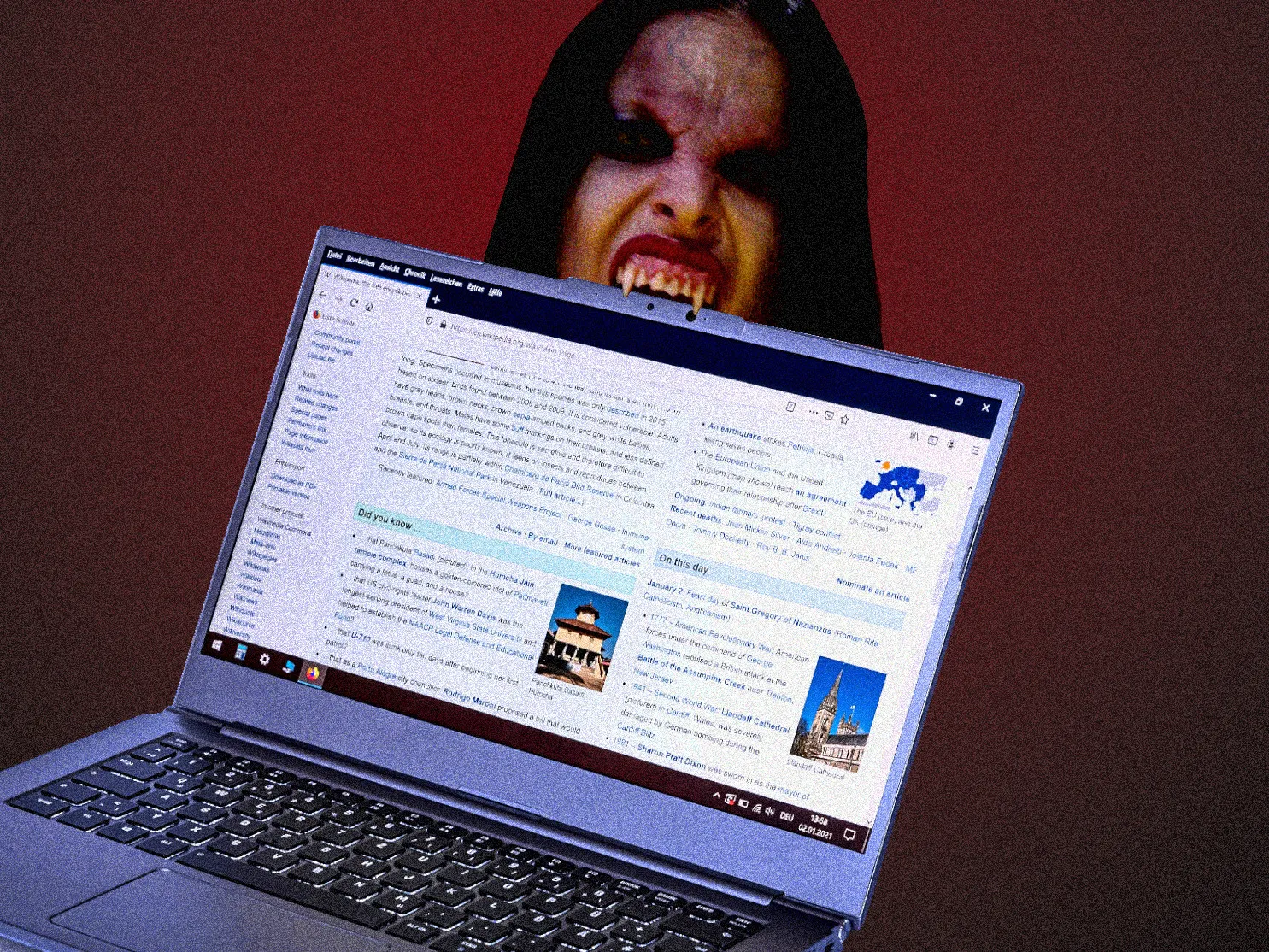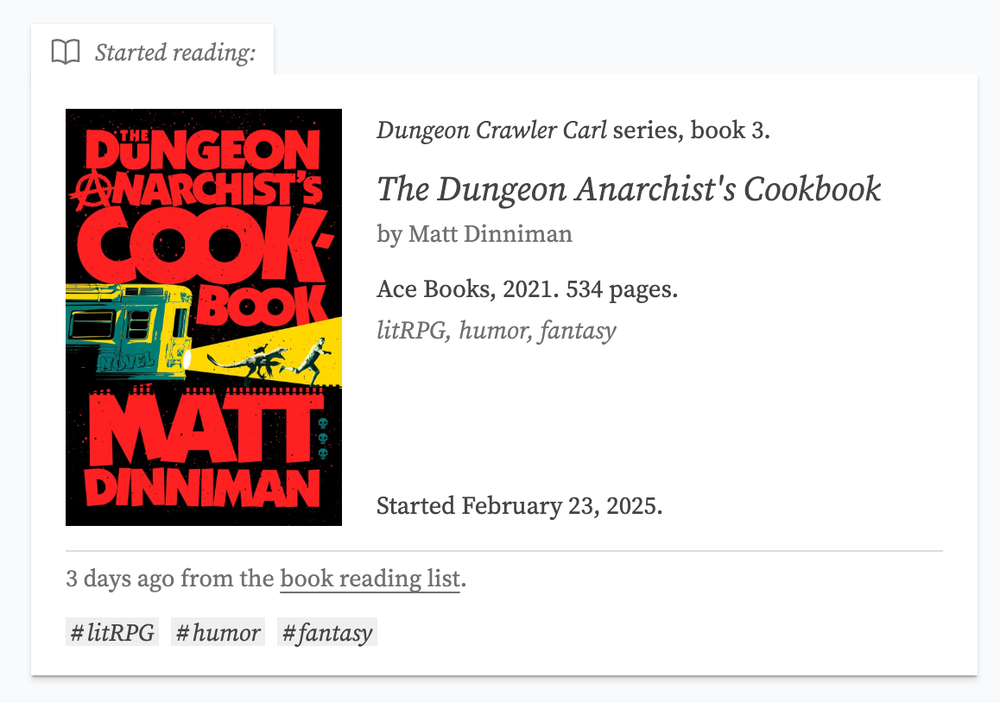my god, just look at that changelog. looks like it's upgrade day for me!
To begin with these platforms forced us all into their stylised boxes and now, as you can see up top, they’ve made all the boxes look and feel the same. So if web aesthetic = the messy, expressive look of the open internet, and platform aesthetic = the polished, standardised design of closed ecosystems, both aesthetics say a lot about power, creativity, and who controls the experience. That’s probably uncontroversial. What I want to think about now, though, is what the new web aesthetic is.



